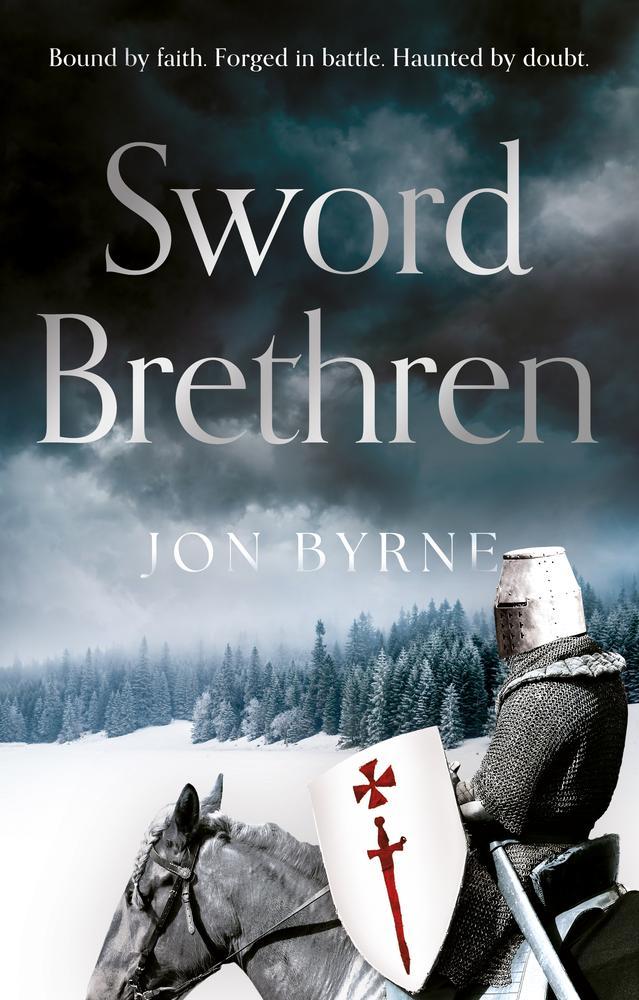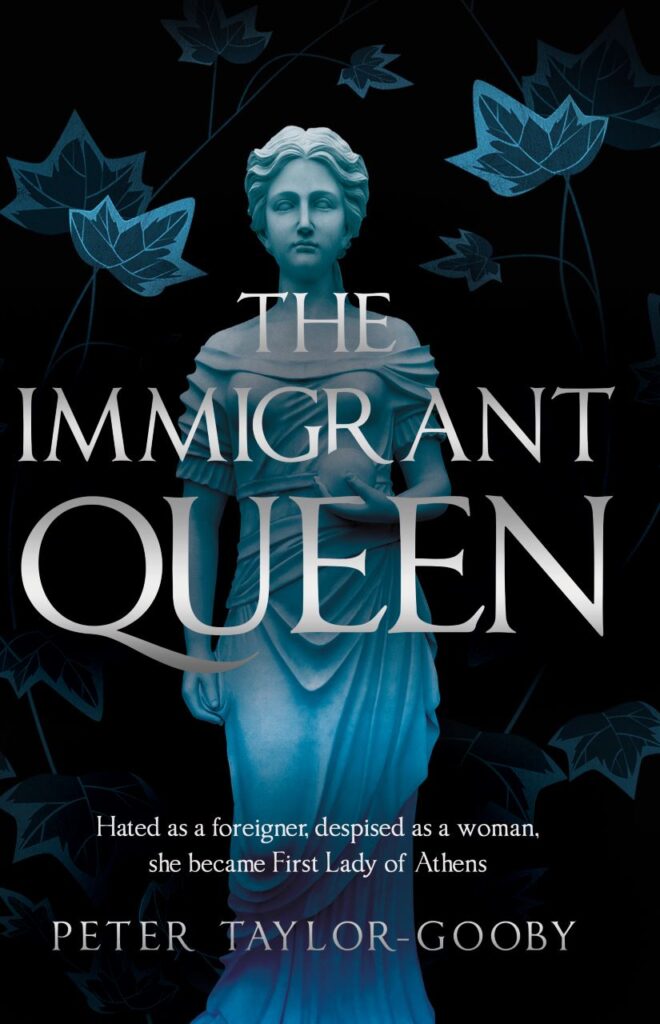Guide: our definition of historical fiction
Richard Lee
As with any genre, there are problems with defining historical fiction. When does ‘contemporary’ end, and ‘historical’ begin? What about novels that are part historical, part contemporary? And how much distortion of history will we allow before a book becomes more fantasy than historical?
There will never be a satisfactory answer to these questions, but these are the arbitrary decisions we’ve made.
Historical Novel Society definition of historical fiction
To be deemed historical (in our sense), a novel must have been written at least fifty years after the events described. Or written by someone who was not alive at the time of those events, and therefore approaches them only by research.
We also consider the following styles of novel to be historical fiction for our purposes:
- alternate histories, such as Robert Harris’ Fatherland
- pseudo-histories, in the style of Umberto Eco’s Island of the Day Before
- time-slip novels, such as Barbara Erskine’s Lady of Hay
- historical fantasies, such as Bernard Cornwell’s King Arthur trilogy
- multiple-time novels, for example Michael Cunningham’s The Hours
Other definitions
There are a number of essays which aim to define or discuss historical fiction. These are the ones we have collected so far. We’d welcome information on any others.
- Richard Lee: But a Fable Agreed Upon: The Problem of Truth in History and Fiction
- Sarah Johnson: What Are the Rules for Historical Fiction?
- Sarah Johnson: Masters of the Past: Twenty Classic Historical Novels and their Legacy (from Bookmarks Magazine, Jan/Feb 2006)
- Jerome de Groot: Walter Scott Prize for Historical Fiction: The New Time-Travellers
- Emma Darwin: So What Counts As Historical Fiction?
- Allan Massie: The Master of Historical Fiction
- Oregon State University Seminar: What is Historical Fiction?
- Richard Slotkin: Fiction for the Purposes of History







